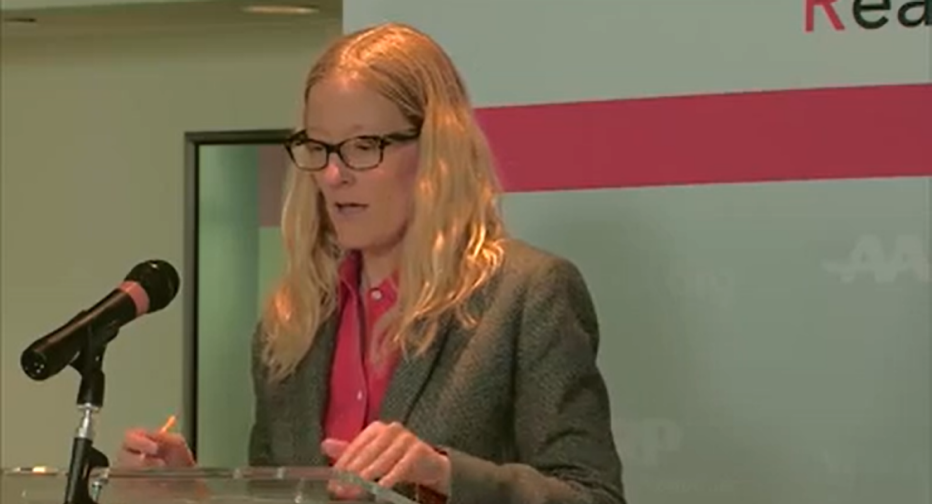AARP Hearing Center


New Releases
Looking Back, Looking Ahead: Chartbook on Women's Progress
This research report, written by the Institute for Women's Policy Research, examines changes in women's working lives by generational cohorts over the past 50 years. Issues examined include: the gender wage gap, occupational segregation and job polarization, the need for work-family supports and changes in retirement expectations. The report also includes a look at what women are likely to experience in the future.
Short-Time Compensation (Work Sharing) Programs Help Older Workers: Evidence from Five States
Federal-state work sharing programs help save jobs during economic downturns. These programs help employers reduce their wage costs by reducing employees’ hours without terminating jobs. This report examines participants’ characteristics from five state work-sharing programs during the Great Recession. The report finds that work sharing programs may be particularly helpful to older workers, who often have the most trouble finding a new job after becoming unemployed.
The Long Road Back: Struggling to Find Work After Unemployment
This report highlights the findings of an AARP survey of people who were unemployed during the last five years. Respondents include people ages 45-70 that were unemployed short term, multiple times or long-term (over six months). The research was undertaken to determine how the long-term and the short-term unemployed compare with respect to causes of unemployment, job-search intensity, job-seeking activities, reemployment success and the quality of post-unemployment jobs.
This research report presents detailed information on the policies and practices in place in state unemployment insurance (UI) programs that provide potential temporary financial assistance to family caregivers. The report draws on legal analysis from 50 states and the District of Columbia and in-depth interviews with advocates and UI agency officials from 10 targeted states that have “caregiver-friendly” UI rules in place.
Job Lock and Employer-Provided Health Insurance: Evidence from the Literature
This report, written by Dean Baker at the Center for Economic and Policy Research, reviews the research literature on health insurance-related “job lock”—a labor market pattern that occurs when workers are reluctant to leave a job that offers health insurance because they cannot otherwise obtain affordable insurance.
Improving Education and Training for Older Workers
This report was written by Carl Van Horn, Kathy Krepcio and Maria Heidkamp of the John J. Heldrich Center for Workforce Development, Rutgers, the State University of New Jersey. This paper summarizes older job seekers' experiences in the labor market and how they can get better information about education and training to help them obtain or keep a job.
Workforce Development in the United States: Lessons Learned for Older Workers
This paper consists of a literature review of evaluations of federal workforce development programs to identify lessons that can be learned about what practices best assist older workers with obtaining employment and transitioning to good jobs that can lead to greater financial security.





























































